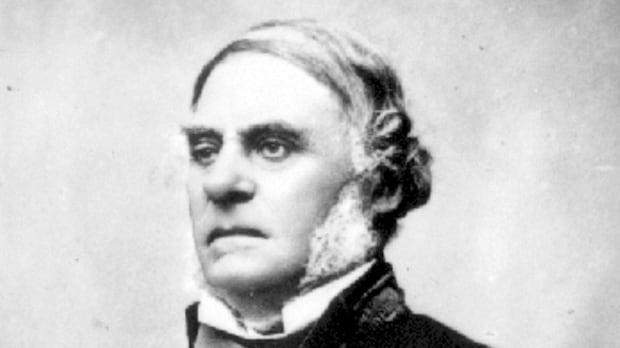Decades ago one of B.C.'s top judges described the tension between the concept of Aboriginal title and the reality of private property ownership in British Columbia as a "cloud."
Once on the "far horizon," then-B.C. Appeal Court Justice Mary Southin said legal questions about the status of title on properties ranging from ranches to houses to Vancouver office towers had grown from the size of "a child's hand" to "lower over the whole of the Province."
Last week, just as Southin predicted it eventually would, the "cloud" touched down in Richmond.
A townhall full of homeowners who just learned they may have to share land title with the Quw'utsun (Cowichan) Nation gathered to hear the city's mayor and lawyers explain the implications of a court decision very few have read, but on which nearly everyone has an opinion.
"The bottom line ... is that Aboriginal title cannot co-exist with fee simple ownership [the legal name for private property title]," Richmond city solicitor Tony Capuccinello Iraci told the crowd at one point.
Except that it can and does, according to Victoria B.C. Supreme Court Justice Barbara Young, who awarded the Quw'utsun Aboriginal title this summer to between 300 and 325 hectares of land — including around 150 pieces of private property — just east of the Massey tunnel.
'The government didn't help here'
Young's decision may go further than any other previous court rulings in addressing the seeming contradiction Southin identified all those years ago, but it's still grounded in the kind of ambiguity that thrives in a courtroom, but falls flat in a packed room full of mortgage payers.
"When you've got court decisions — typically ones that deal with this degree of complexity and use all these arcane terms and are 400 pages long or whatever — unless the decision is really definitive, what matters is no
Continue Reading on CBC News
This preview shows approximately 15% of the article. Read the full story on the publisher's website to support quality journalism.
